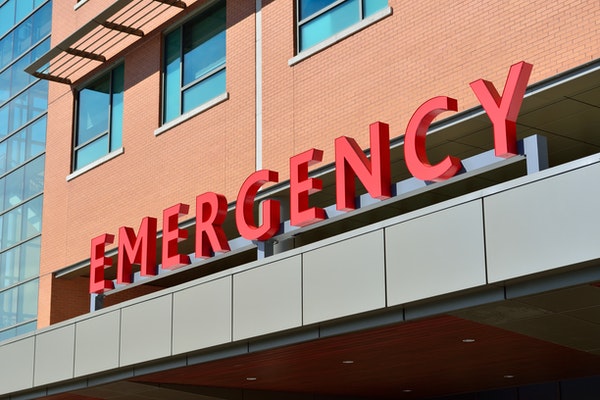So you lost your job, got hit with a large medical bill, or had an unexpected home repair. Now what? First, breathe and carefully evaluate your situation. Remember, you still have to think of debt management, bills, and utilities. And you still need to purchase food and other necessities to survive. Analyzing what caused this financial emergency and coming up with a plan of attack will ensure that you not only handle this situation, but prevent a crisis like this from happening again.
What to Do During a Financial Emergency
- Prioritize expenses. There are certain bills that need to be paid before others. Housing and food are obvious priorities. Cable bills and magazine subscriptions are not. By cutting out unnecessary expenses, you can start saving money, reducing credit card debt, and paying off your necessary expenses. Look for ways to eliminate purchases completely. Some examples include not eating out at restaurants or removing your landline telephone completely.
- Negotiate with lenders. One of the first things you should do if you’re having trouble paying your credit cards, medical bills, or mortgage is call your lender. Calling your credit company can result in a lower interest rate, waived annual fee, and better terms of credit. If they’re not able to offer you immediate assistance, you may be able to obtain debt relief through a credit card hardship program. Calling your mortgage company can lead to a restructuring of your loan, and even hospitals offer some type of payment plan. But you need to do this without delay, or else creditors won’t want to work with you once you’re delinquent.
- Make extra cash. Saving every penny during a financial emergency is vital, and so is making extra money. Getting a second or third job would be ideal. Can you freelance or receive passive income somehow? Remember, it’s only temporary until your situation improves. Use this debt payoff calculator to motivate you.
- Start an emergency fund. Even though you’re going through a financial crisis, you should start to think about how to prevent another one. Ideally, you should have a few months worth of expenses saved, but you really need to save between six to nine months’ worth of expenses. Having savings built up will help you if you have another emergency. Consider insurance as well. Not only will you have a portion of your expenses covered, but you might even receive money in certain instances if an accident were to happen.
By taking these steps, you’ll be able to thrive during a financial emergency. Of course, the best way to prevent one is to build an emergency fund. Knowing that you have savings stored away will make it that much easier to cope with a crisis.
If you’re struggling to pay off debt, ACCC can help. Schedule a free credit counseling session with us today.






